Over the years, it seems like Western media has turned the Middle East into a punching bag. We frequently forget our freedom to speak up since the ongoing demonization of Muslims and Arabs has become so commonplace.
Qatar has notably taken the brunt of this animosity in recent years. It is routinely targeted using ambiguous catchphrases and forced to shoulder responsibility for human misery that in no way, shape, or form is exclusive to Qatar.
This is not an attempt to paint a perfect picture of my country, or even list the many good things it is doing or has done over the years. On the contrary, it is a reminder that a perfect country does not exist. If it did, let’s face it, the world wouldn’t look like what it is today. Yes, there are issues in Qatar that are in the process of being addressed. But it’s time to take a firm stand against clear double standards and hypocrisy when it comes to such criticism.
Criticism of Qatar not ‘educated’ opinions
For this year’s FIFA World Cup, eight countries led by the England captain have voiced plans to wear the ‘One Love’ armband – a move to protest Qatar’s stance on LGBTQ rights. Meanwhile, German media outlets have been very critical of the Gulf State, most recently even going after Doha’s ambassador to Berlin.
Other media outlets, from the United Kingdom to other parts of Europe, have been slamming Qatar left and right, and this has only exacerbated in recent weeks as the tournament looms closer.
This begs various questions: have any of the aforementioned media outlets attempted to understand our social and political landscape here in the region? Have they visited Qatar, or even the Middle East for that matter? Have they formed educated opinions based on experience, or are they merely repeating click bait headlines and tired cliches to trigger uproar?
When the 2018 FIFA World Cup was held, there was no concerted performance in support of LGBTQ issues, despite Russia’s clear and obvious stance on the matter.
Surely, if the world is concerned, such protests would have been seen in the lead up to and during the tournament in Russia, where members of the community are regularly targeted and attacked.
This year, Qatar’s hosting of the FIFA World Cup 2022 means the tournament is being held in the Middle East region for the first time in its history. This is not only a historic moment for the country and region – but it is also a major feat for FIFA, football and the world of sport.
Needless to say, football is a world sport and does not belong to one country, culture or religion. Arabs and Muslims can, should and do enjoy watching and playing the beautiful game.
This is seen across the region – on the rooftops of flashy city skyscrapers, as well as the makeshift pitches in the mountainous villages. Such fans deserve to enjoy football on home turf without being attacked by footballers who only care to campaign on the pitch, in what is very clearly a performance of virtue signaling if not lazy advocacy at best.
Let’s talk double standards
In light of its heinous invasion of Ukraine, Russia has been banned by global sporting body FIFA. This marks the first time FIFA has gone to such measures to involve itself in the world of politics.
It is also the first time it has allowed a number of clear acts of protests on the pitch, such as the newly revealed ‘toned down’ Denmark kit designed to stand against Qatar, completely contradicting Law 4 of the IFAB Laws of the game.
How does FIFA decide which acts of violence around the world are heinous enough to point out? Will it allow similar protests against the United States, which is due to co-host the next World Cup tournament? Will we soon find out whether the hundreds of thousands killed by the US war on Iraq or Afghanistan deserve such attention?
As per headlines, the centre and core issue of this tournament being held in Qatar is its treatment of migrant workers. Forgive me for doubting such intentions of European countries, who have for the past decade stood and watched as migrants fleeing conflict, devastation and poverty to drown to the bottom of the Mediterranean. What migrant rights do you speak of when vulnerable men, women and children are either caged in inhumane refugee camps or sent back to the very lands they fled from?
Will FIFA ban Israel for its decades long illegal occupation of Palestine? Is Israeli apartheid and the persecution of Palestinians heinous? Or, at the absolute minimum, couldn’t FIFA simply allow the most seemingly ‘controversial’ four colours of the Palestinian flag be worn as armbands by pro-Palestine players on the pitch?
The questions are many, and the answers are known. Sadly, this is the typical double standard that is expected and practiced by the West toward the Middle East, particularly in the case of Qatar and the 2022 World Cup.
Across western media outlets, articles bear the same vernacular and condescending tone, with language loaded with anger and half truths used to fire people up in an attempt to cause division. The pressure, though disguised as constructive, is actually designed in such a way that no matter what Qatar does, it is doomed to fail and face mass criticism. The truth is, little to no effort is given to such articles before being pushed out, because sensationalist headlines are the news.
It doesn’t take a genius, an intellectual or academic to understand all the tools that are being exploited to attack Qatar – and that too from countries that love to call the Gulf state its “ally” and “’friend” while also reaping the reward of its wealth.
I could quote a number of psychologists and influential figures in history to discuss the power of repeating lies often enough, to the dangers of propaganda as well as the ultimate power of “illusion of truth”. But these are all too familiar concepts to the audience of this platform, who have for more than a decade faced an unprecedented level of Islamophobia from the western world in the aftermath of the brutal war on terror.
The absence of respect
All of the above can be reduced to a single word. Respect – a beautiful word that is even more beautiful when actually put into practice. Language, and in particular the way you address and talk to others, is a great measure of respect. It is the single most essential characteristic that allows people of different beliefs and backgrounds to engage in healthy discourse without resorting to conflict. The people of the world can have different opinions and beliefs, so long as they do not invade other people’s basic human rights.
This is missing in the current discourse targeting Qatar, which has accepted its faults and rallied to address concerns over the years, even inviting the United Nations’ International Labour Organisation to set up a base in Doha to really tackle the issues on the ground. So much so, that FIFA’s President Gianni Infantino said it took Qatar just a few years to do what took hundreds of years in Europe.
Despite this, the western world has continued to hammer its opinions on societies of the east. For a region that preaches tolerance, freedom of speech and expression, it is rather ironic that the west is attempting to impose restrictions on what we believe and how we choose to live our lives.
A person’s tolerance and respect is measured in their attitude towards people of different fundamental beliefs, religions and cultures.
I invite people to look closely into Qatar being one of the most cosmopolitan countries in the world, where for decades people from around the world have set up a home for their families, respecting our culture, our way of life and our traditions with no issues.
The World Cup is just weeks away,the tournament will go ahead as a historic moment for our country and people, and the beautiful game will in the end bring the globe together as is expected. For now, all we ask for, dear Europe, is a little respect and a touch of the tolerance you so often preach.
Ghada Al Khater is a Qatari multidisciplinary artist, the term that aptly captures her zealous approach to combining art, politics and social matters in cartoons, illustrations and sculptures. Her work tackles satirical socio/political commentaries on GCC matters and other relevant international affairs.
The views and opinions expressed in this article are those of the authors and do not necessarily reflect the official policy or position of Doha News, its editorial board or staff.




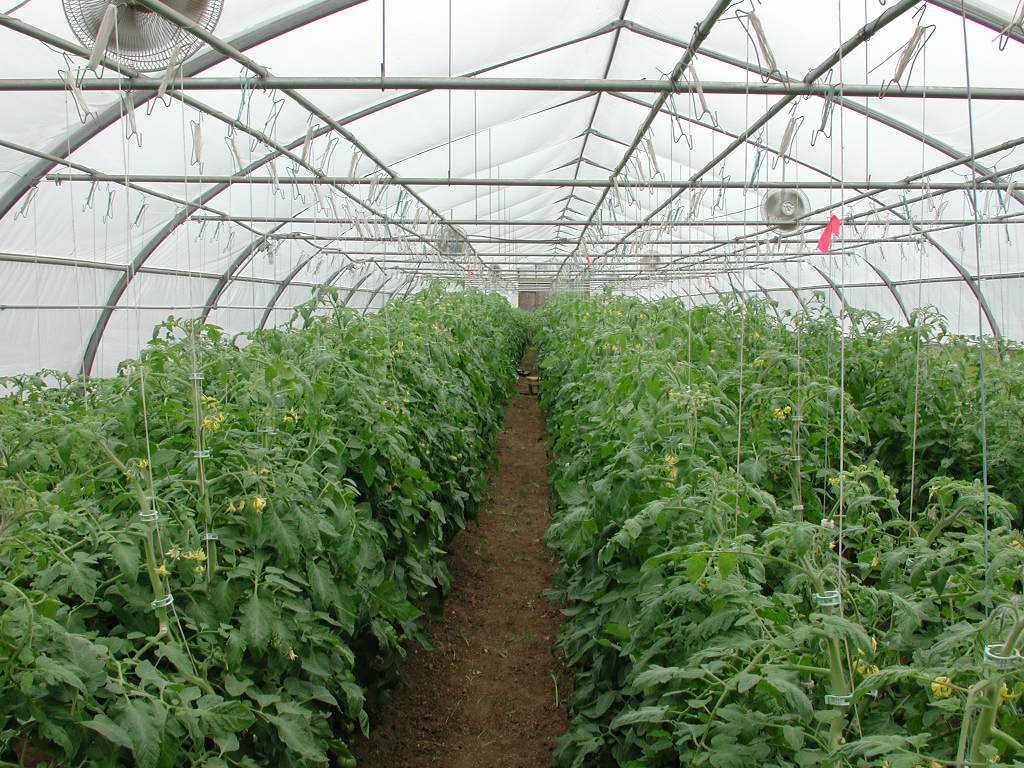
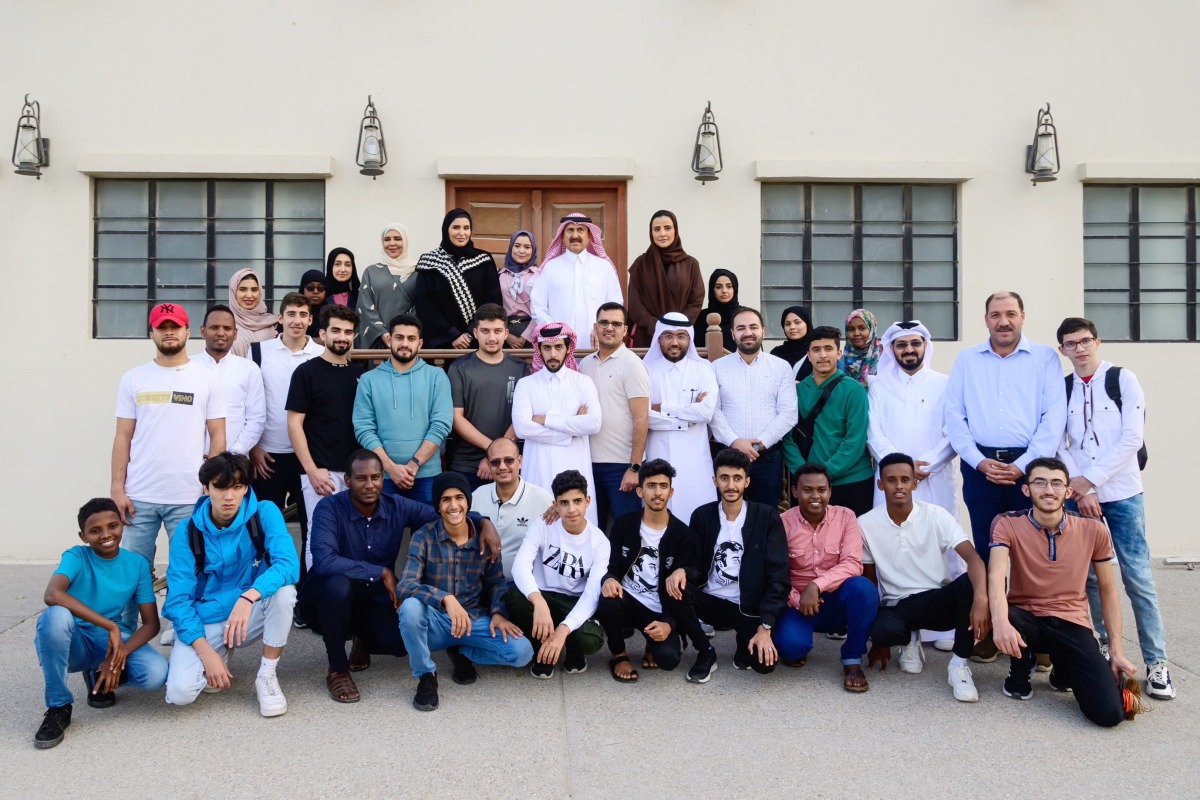
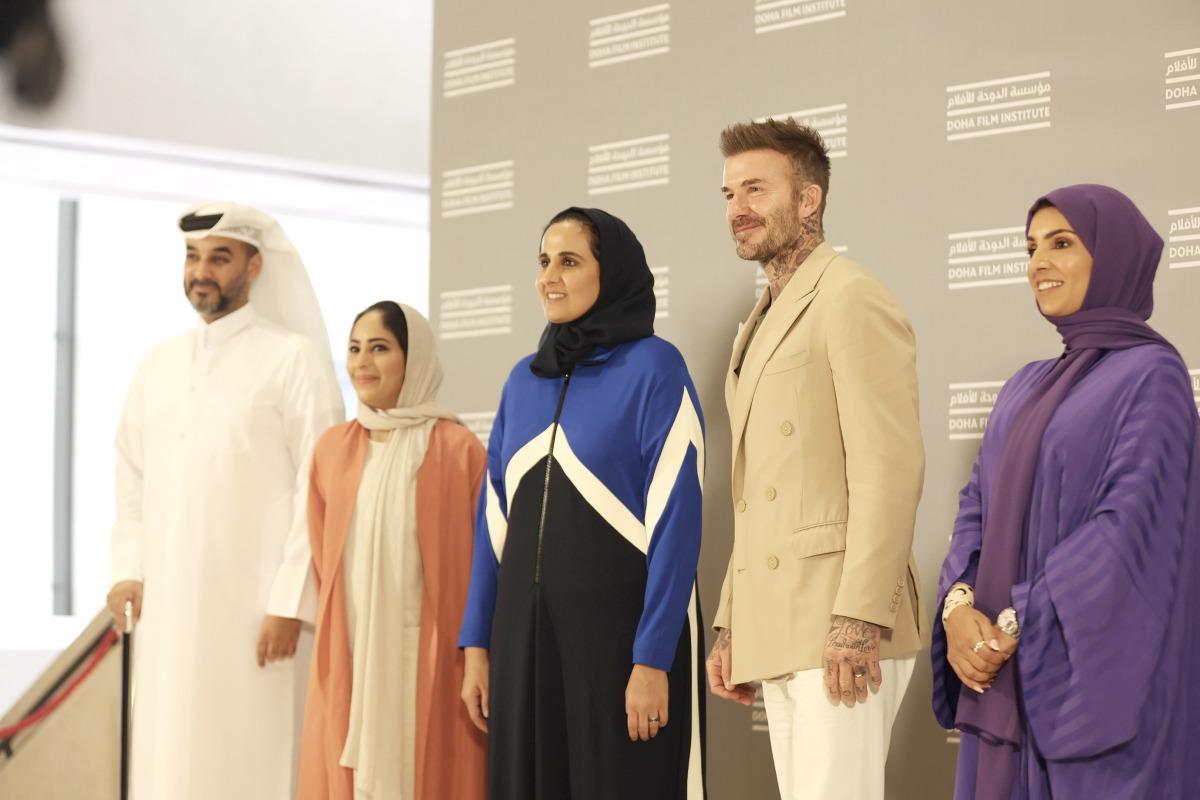
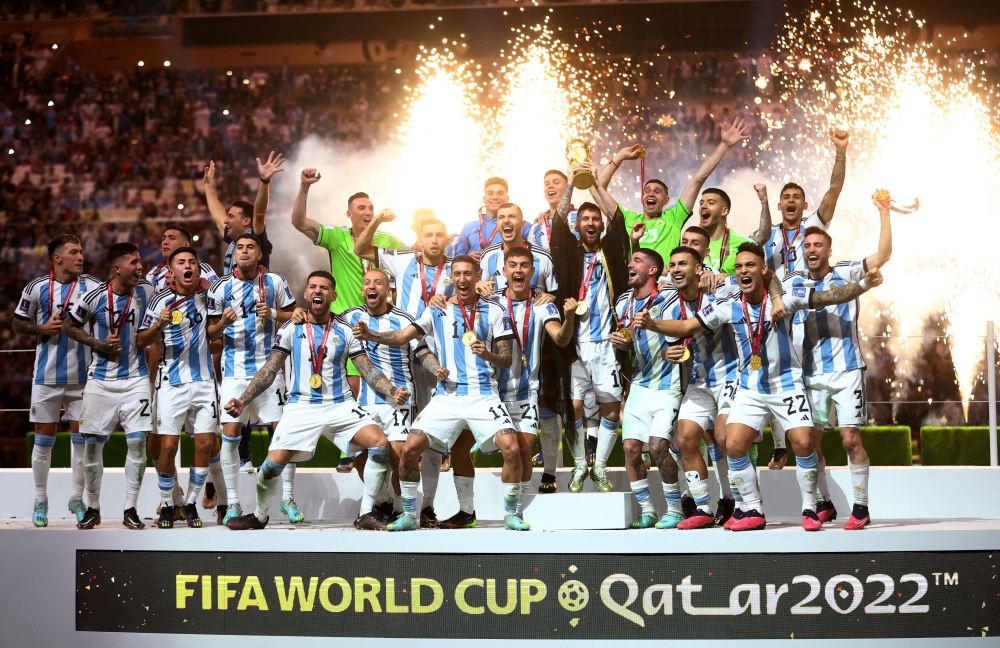
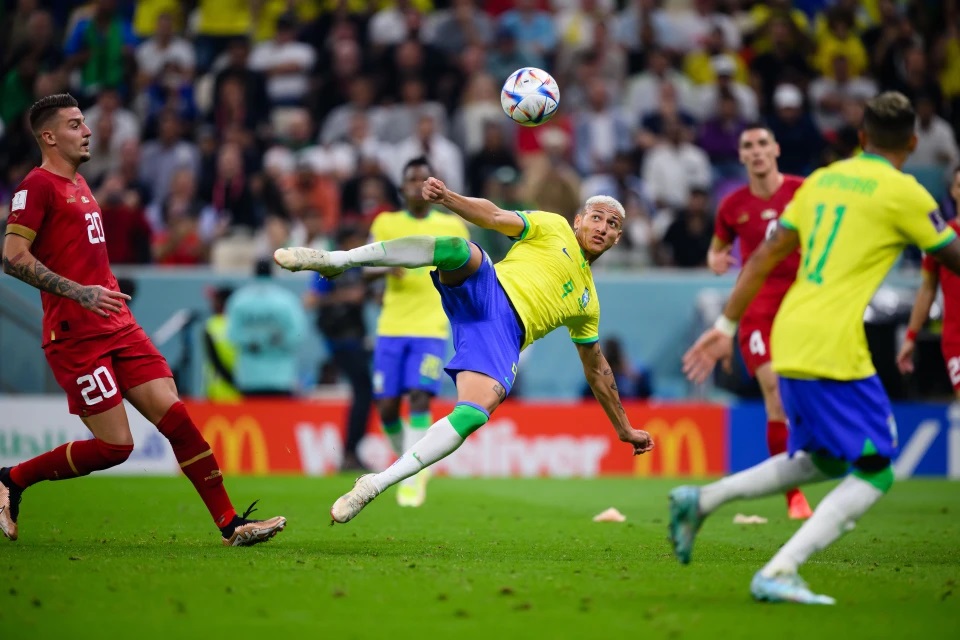



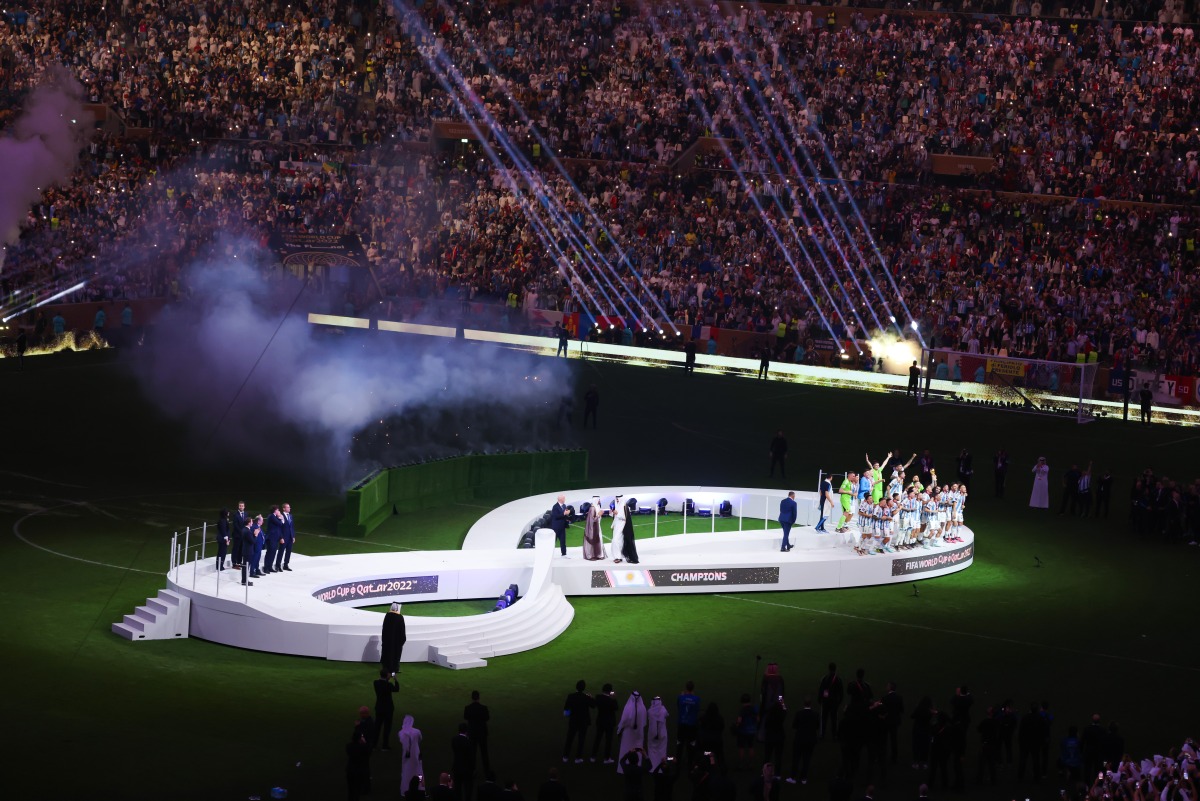




Leave a Reply